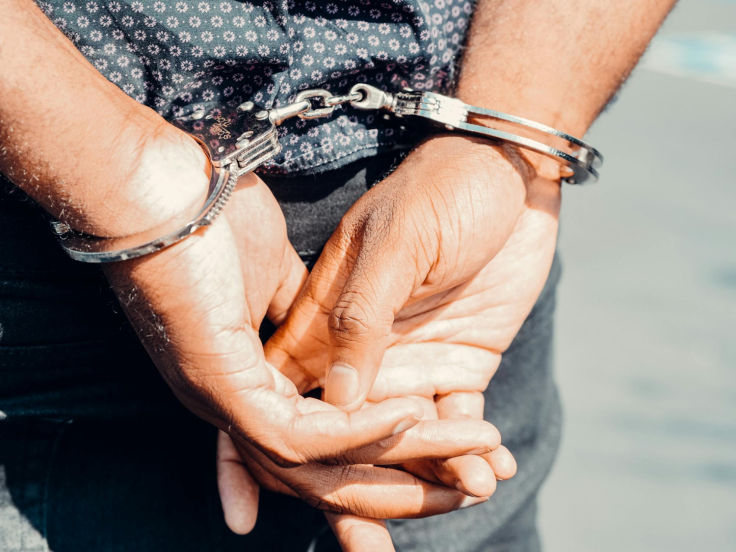University of Texas at Austin Students Cleared of Charges Following Pro-Palestinian Protest
ByIn a recent turn of events, all charges have been dropped against 57 University of Texas at Austin students who were arrested for trespassing during a pro-Palestinian protest on campus.
The decision comes after defense lawyers discovered issues with the probable cause arrest affidavits, prompting the county attorney's office to dismiss the charges. This development has sparked discussions about free speech, protest rights, and police conduct in managing campus demonstrations.

Challenges to the Arrest Affidavits
Defense lawyers representing the arrested students identified troubling patterns in the probable cause arrest affidavits, which are crucial documents used by police to justify arrests. According to Nouha Ezouhri, an attorney with the Travis County public defender's office, it appeared that the university's police had "copied and pasted" language from one affidavit to the next. This raised questions about the thoroughness and accuracy of the police's justification for the arrests.
County Attorney Delia Garza, whose office prosecutes misdemeanor charges, acknowledged the deficiencies in the documents. Garza's decision to drop the charges reflects a commitment to upholding the integrity of the legal process, even when it involves controversial cases. However, the possibility remains that the police could revise the affidavits and press charges against the protesters within a two-year timeframe from the date of the arrests. This leaves open the question of whether the charges could be reinstated in the future.
Implications for Free Speech and Protest Rights
The dismissal of charges against the 57 students raises important questions about the protection of free speech and protest rights on college campuses. Universities have traditionally been seen as bastions of free expression, where students can engage in peaceful protests to raise awareness about important social and political issues. However, the arrest of these students during a protest highlights the challenges faced by those seeking to exercise their right to protest in a meaningful way.
The incident at the University of Texas at Austin underscores the need for universities to uphold the rights of students to engage in peaceful protest without fear of reprisal. It also highlights the importance of ensuring that law enforcement agencies respect these rights and act in accordance with the law when dealing with protests on campus.
Calls for Police Accountability and Transparency
The discovery of issues with the arrest affidavits has led to calls for greater police accountability and transparency in their dealings with protesters. Critics argue that the apparent lack of diligence in preparing the affidavits raises concerns about the impartiality and professionalism of the university's police force. They argue that the police must be held to account for any misconduct or procedural errors that may have occurred during the arrests.
In response to these concerns, some are calling for an independent investigation into the arrests to determine whether any wrongdoing occurred. They argue that such an investigation is necessary to restore public trust in the police and ensure that similar incidents do not happen in the future.
The decision to drop charges against the 57 University of Texas at Austin students arrested during a pro-Palestinian protest has sparked debate about free speech, protest rights, and police conduct. The discovery of issues with the arrest affidavits has raised questions about the thoroughness and accuracy of the police's justification for the arrests. It has also led to calls for greater police accountability and transparency in their dealings with protesters. As the legal process unfolds, it remains to be seen what impact these developments will have on the rights of students to engage in peaceful protest on college campuses.
© 2025 University Herald, All rights reserved. Do not reproduce without permission.








